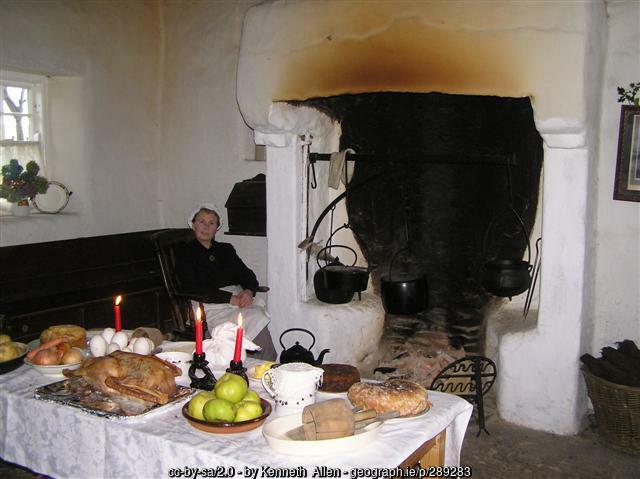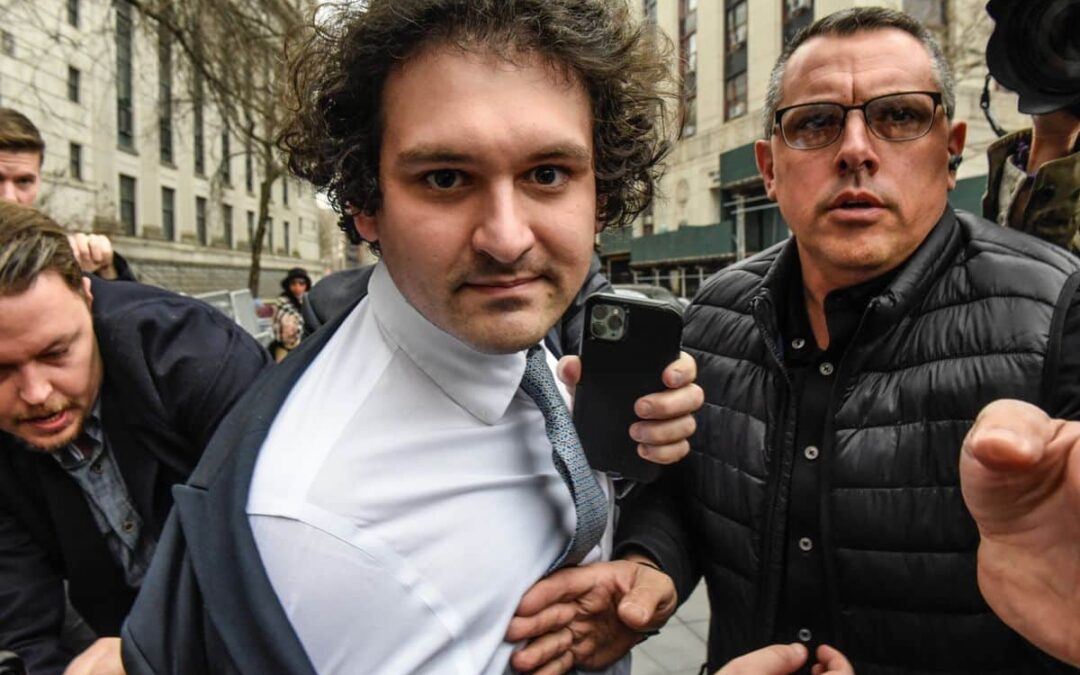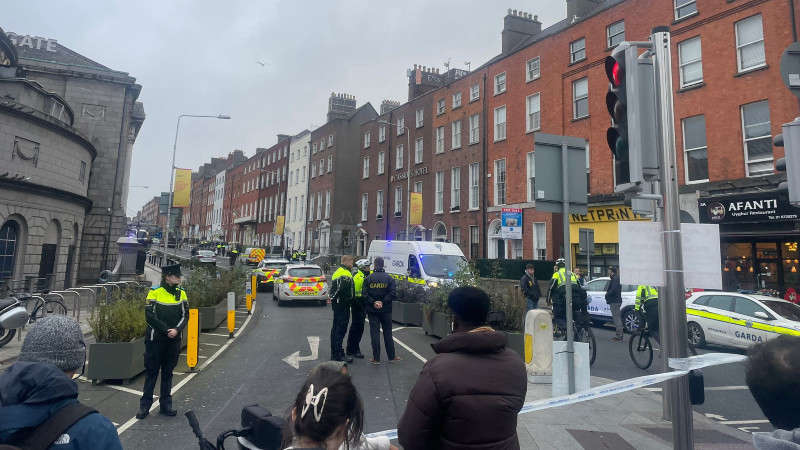
Emigrants
Emigrants
There is a lot of negative public discussion about immigration these days. When a building is set aside to shelter immigrants, there are those who think it is a good idea to burn that building to the ground. Isn't that terrible? Especially when you look back at our own history. For example, there is a lot of information about emigration from our own country on the site: https://www.ucc.ie/en/emigre/history/. When John F. Kennedy was on his Presidential visit to Ireland in June, 1963, he said: Most countries export oil or iron, steel or gold, or some other crop, but Ireland has only one export and that is its people. .”
Ireland is the country in Europe most affected by emigration in the last two hundred years. In total, approximately ten million people emigrated from the island of Ireland from 1800 onwards. In the late eighties, more than half a million Irish people (~16%) left their own country. 70,000 people left in 1989 alone – a few years before the arrival of the Celtic Tiger. Then, the economy collapsed in 2008, and another 630,000 left the country between 2008 and 2015.
However, our emigrants are now almost forgotten, I think, and instead the emphasis is strongly on immigration - both legal and illegal. That is a great pity, in my opinion, and I think it is a good thing to always have both things in mind - immigration and emigration. Otherwise, we will not learn what we should do about immigration policies, when we already know it from our own history.
Long before the time of the Celtic Tiger, many people were coming across the southern border in Mexico to America in search of a new life there – and still are. It has been a bone of contention for a long time here between the political parties. Everyone agrees that there is a big problem to solve, but there are big differences between the approach of the Democrats and the Republicans in America. We saw Trump's brutal approach on behalf of the Republicans, and 5,500 children separated from their parents because of his immigration policy. Many of the parents were imprisoned, and the rest were deported to their native land. The children were taken into protective custody by the government. That is disgraceful misconduct, and a violation of human rights, no doubt. Hundreds of children are still without their parents, as a result of that brutal policy. Things are not so bad in Ireland regarding immigrants, but they are too great at the same time. If the hatred and resentment fueled by extremists against immigrants is not curbed, there is a great risk that things will get worse and people will be killed before long. What kind of solution is that? The government has an obligation to bring security matters under control without delay.
Our story
There are many Irish people who are emigrants – including my wife and myself. We didn't know in 1986, when we first went to America, that we would stay there forever. My employer in Ireland at the time – IBM Ireland – gave me a short-term job in California. It was for two years, but after a year, I was asked to come home. To tell the truth, we weren't ready to come home at the time. Sinéad was working on her PhD dissertation at the university (UCLA). So I got another job with another company. All went well! One year passed and then another, and bit by bit, almost without our knowing it, we put down tentative roots. Over time, the roots grew stronger and then we had a child. We bought our first house! Sinéad completed her studies, obtained a PhD in archeology and then got a job. I myself graduated with a master's degree in electrical engineering. It was abundantly clear to everyone else that we weren't coming back to Ireland anytime soon. Eventually, it also became clear to us that we would spend our working lives in America. Don't touch it if it ain't broke, so to speak. We were able to visit Ireland every summer for a month and finally we were able to buy a house in County Kilkenny. As we are both retired now, we are able to spend a good while in Ireland every year. Going through the immigration process was quite difficult, but the government treated us fairly. We were never discriminated against in America either, and we had the same opportunities as anyone else. I strongly believe that America has given us great opportunities, and in return we have given much more money to the government than we have received from it.
Immigration is, in fact, the lifeblood of the economy, and overall immigrants strengthen their new country in a number of ways. That is not to say that any country should have open borders, but it should not only have reasonable policies but also a welcoming society, which treats people trying to enter, and immigrants living in Ireland already.








